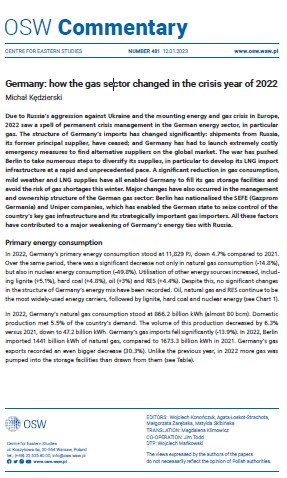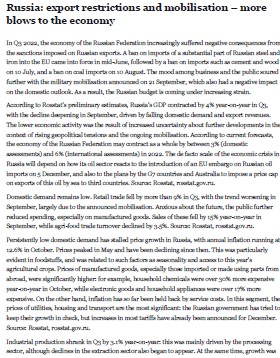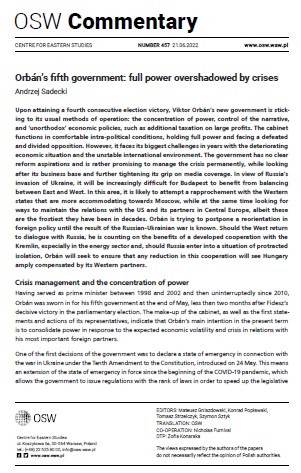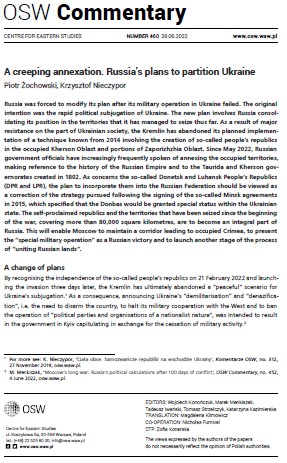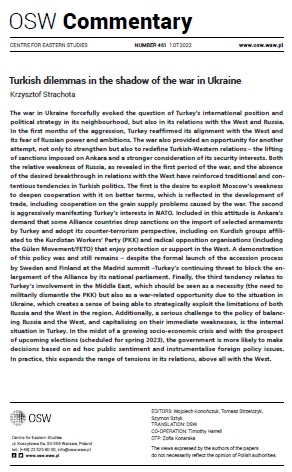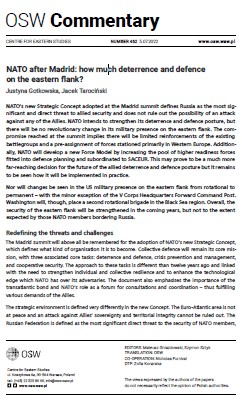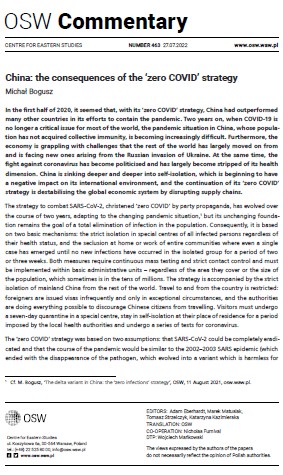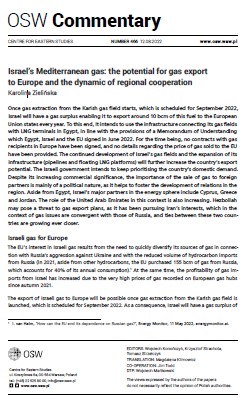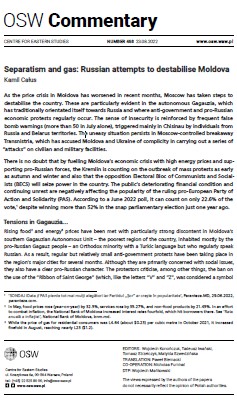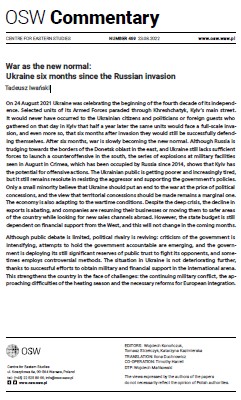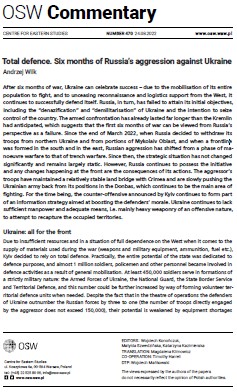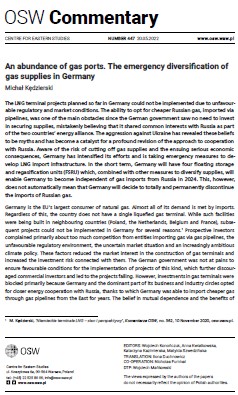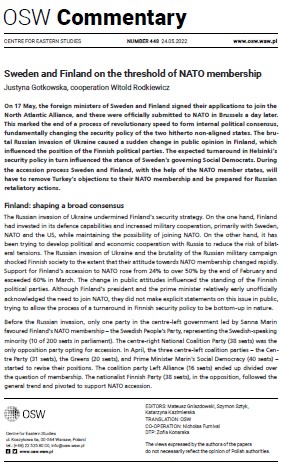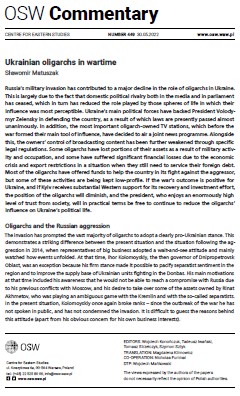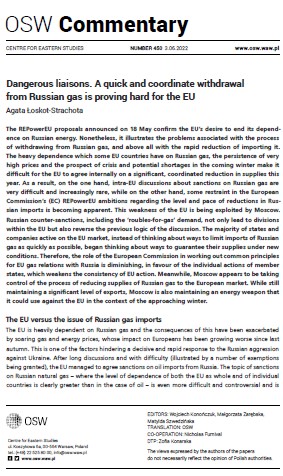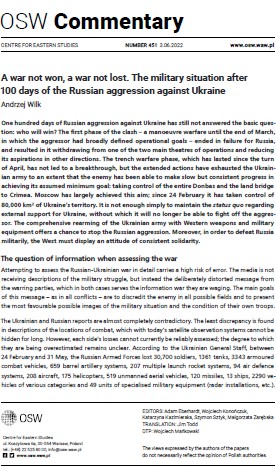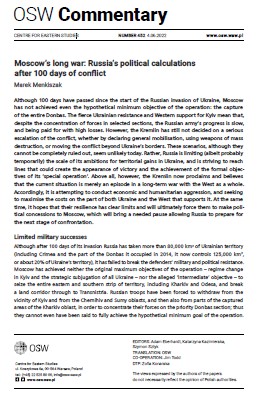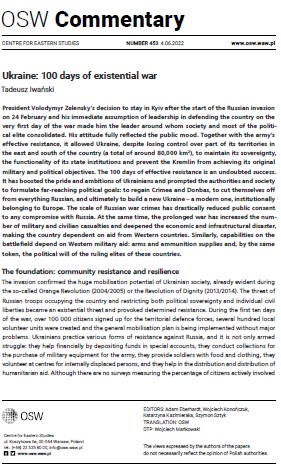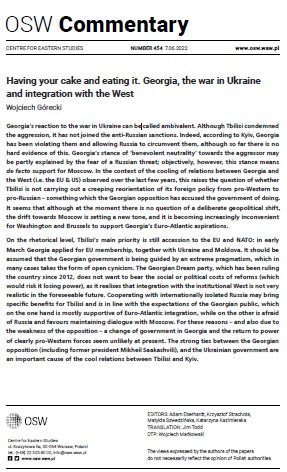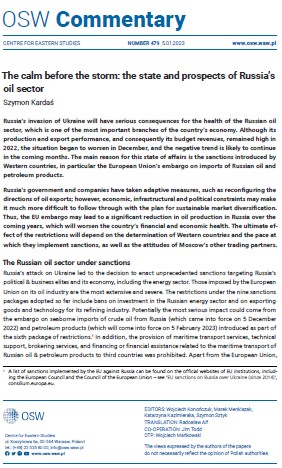
The calm before the storm: the state and prospects of Russia’s oil sector
The calm before the storm: the state and prospects of Russia’s oil sector
Keywords: Russia’s oil sector; Russia’s invasion of Ukraine; financial and economic health; Oil and gas condensate production; oil exports from Russia;
Russia’s invasion of Ukraine will have serious consequences for the health of the Russian oil sector, which is one of the most important branches of the country’s economy. Although its production and export performance, and consequently its budget revenues, remained high in2022, the situation began to worsen in December, and the negative trend is likely to continue in the coming months. The main reason for this state of affairs is the sanctions introduced by Western countries, in particular the European Union’s embargo on imports of Russian oil and petroleum products. Russia’s government and companies have taken adaptive measures, such as reconfiguring the directions of oil exports; however, economic, infrastructural and political constraints may make it much more difficult to follow through with the plan for sustainable market diversification. Thus, the EU embargo may lead to a significant reduction in oil production in Russia over the coming years, which will worsen the country’s financial and economic health. The ultimate effect of the restrictions will depend on the determination of Western countries and the pace at which they implement sanctions, as well as the attitudes of Moscow’s other trading partners.
More...
